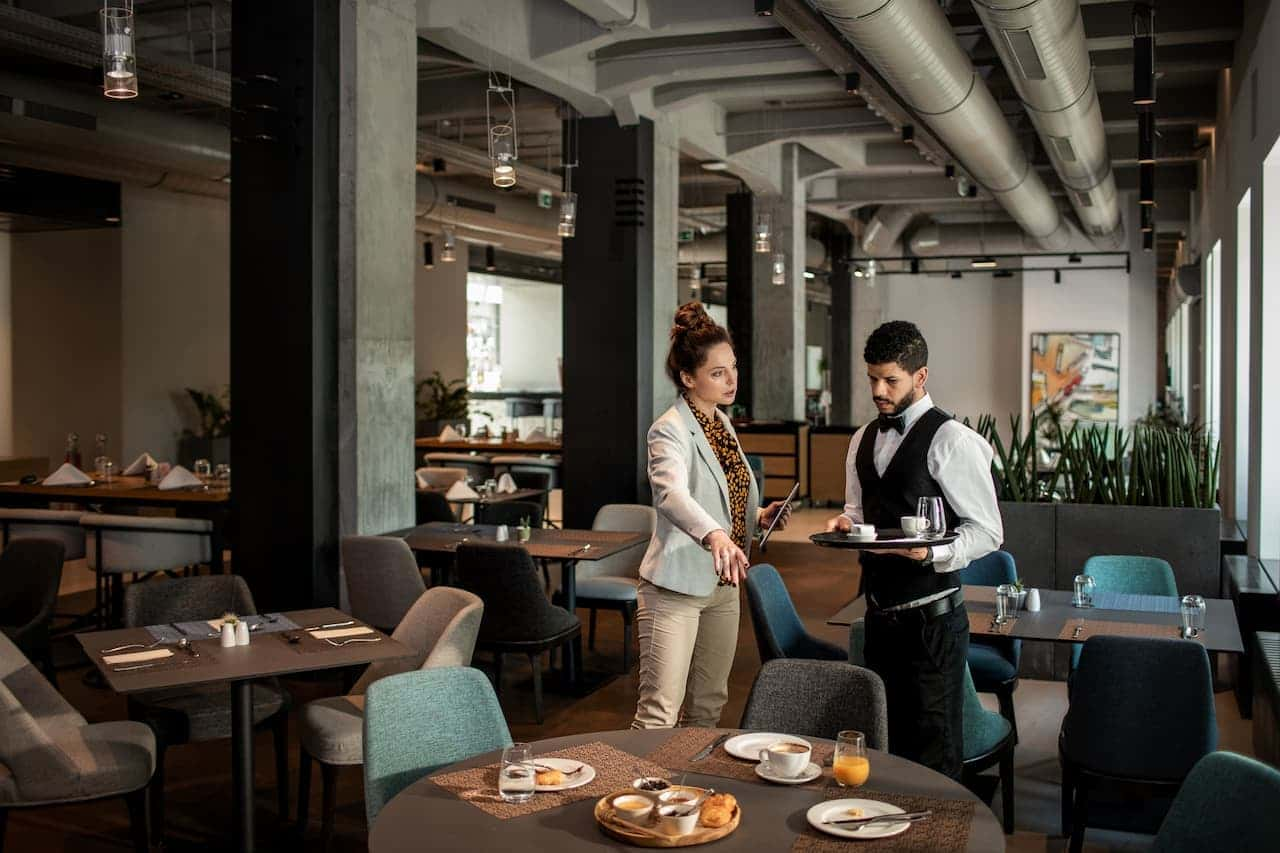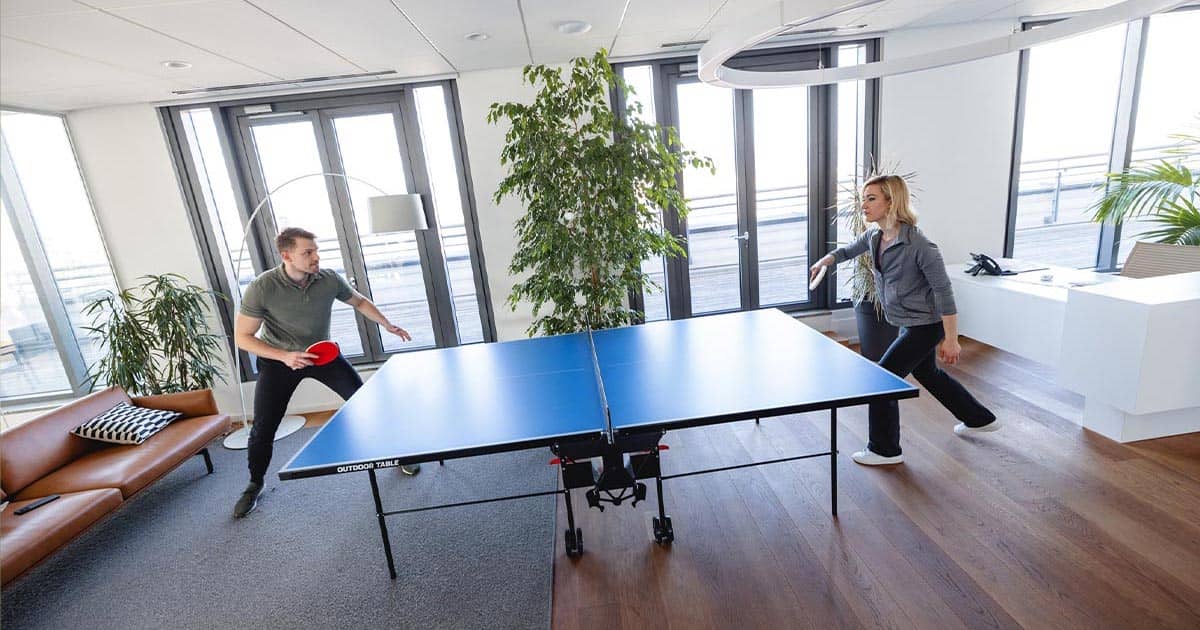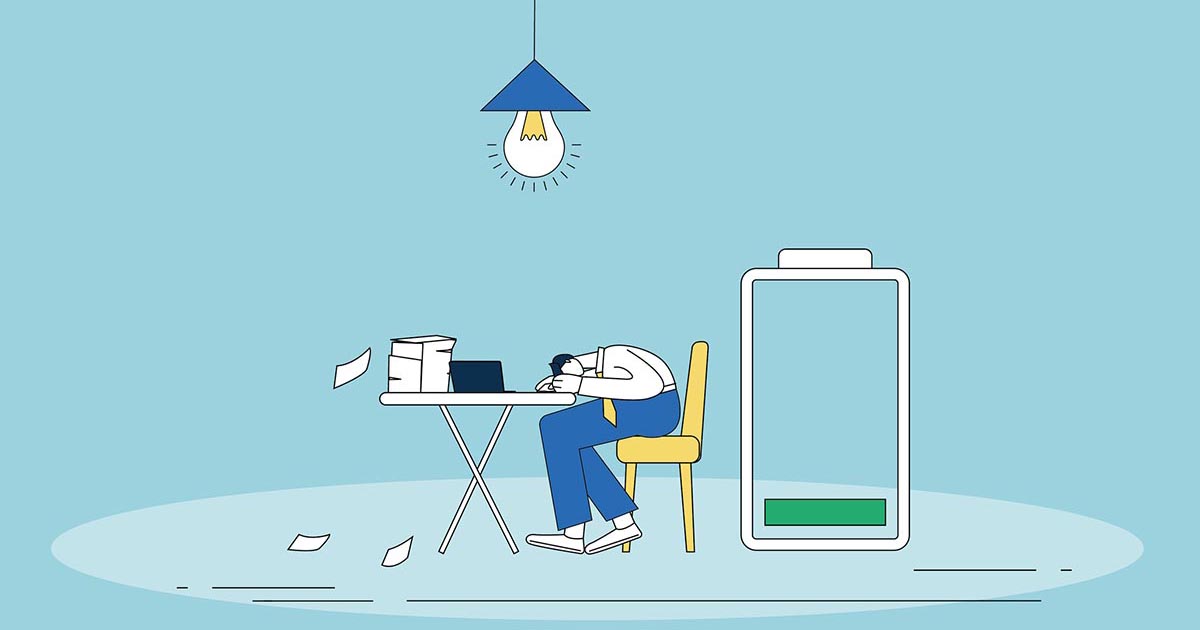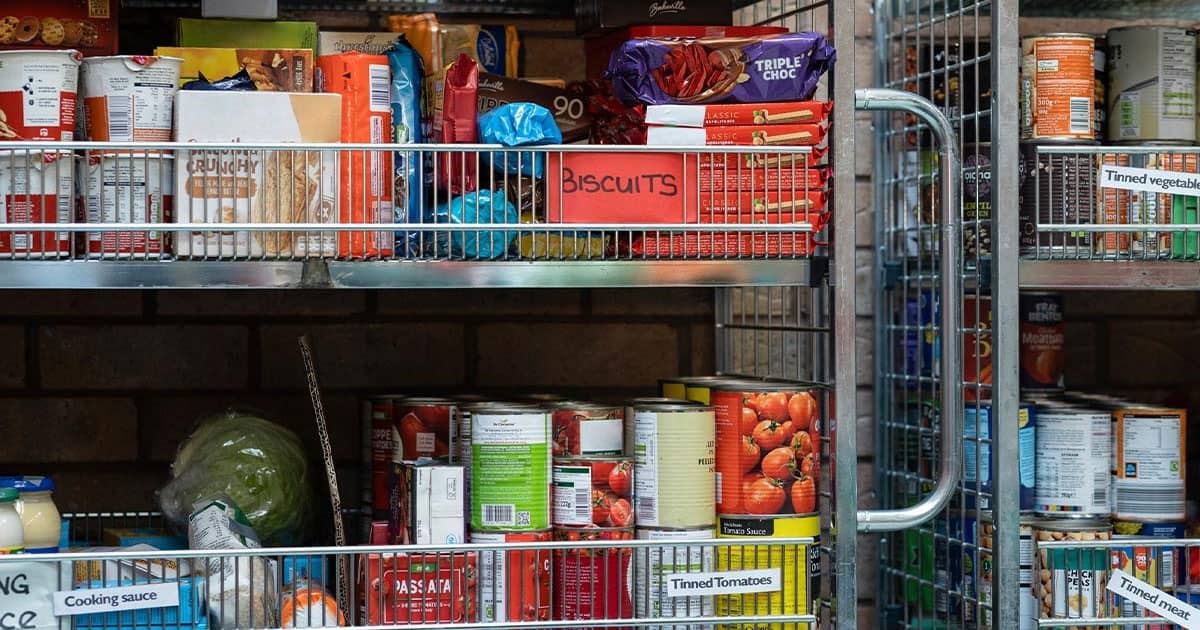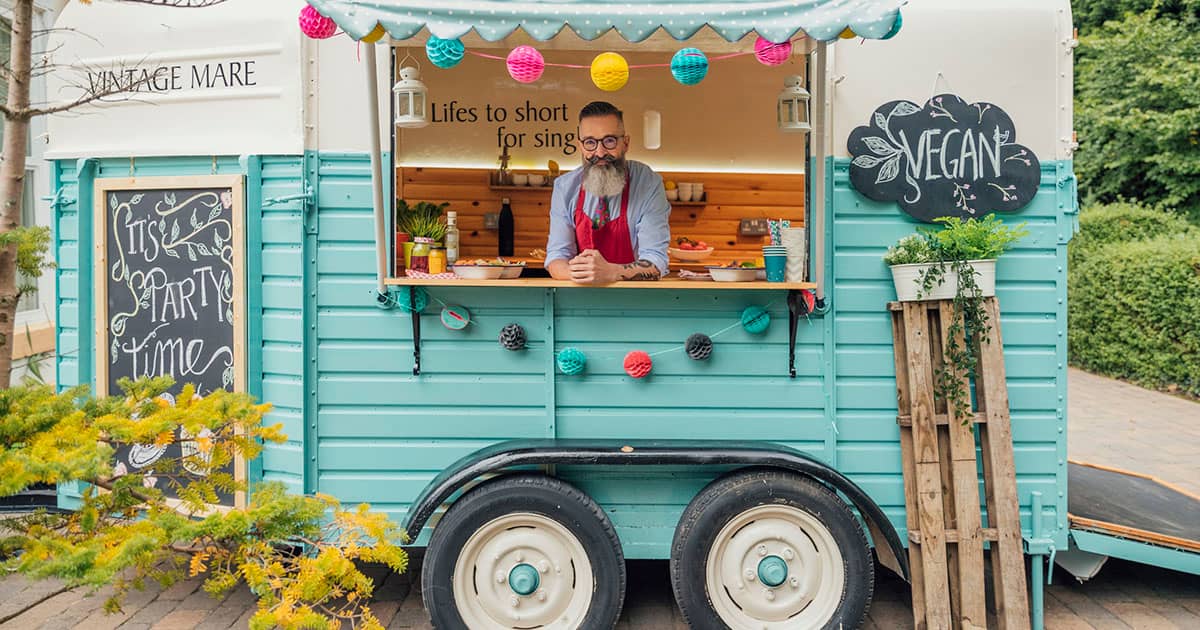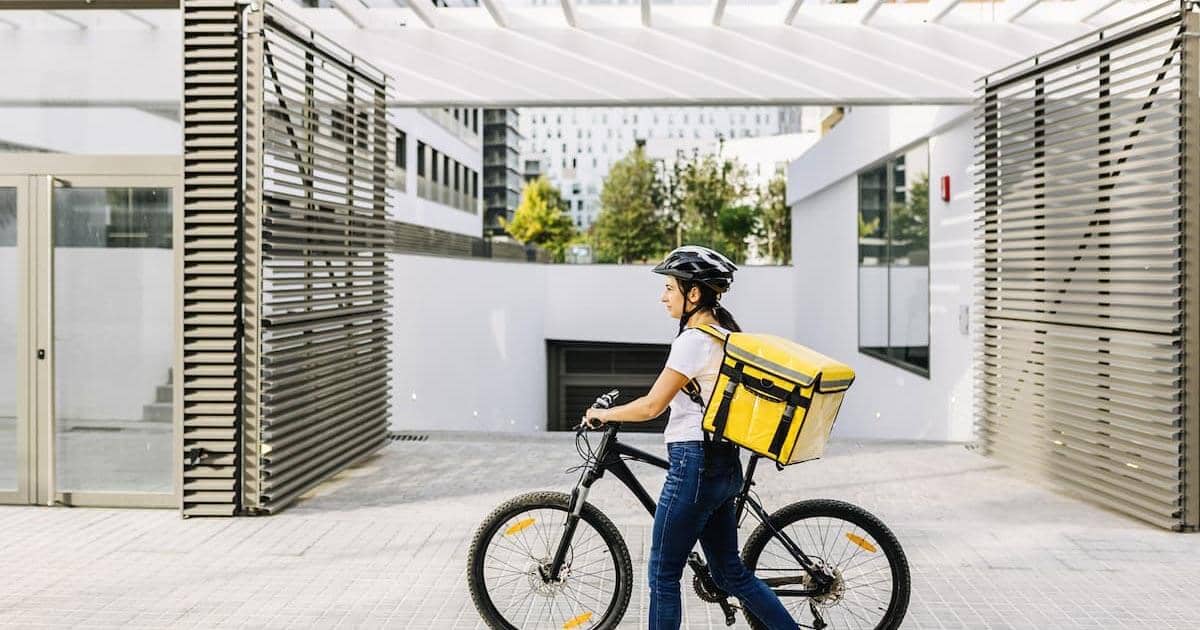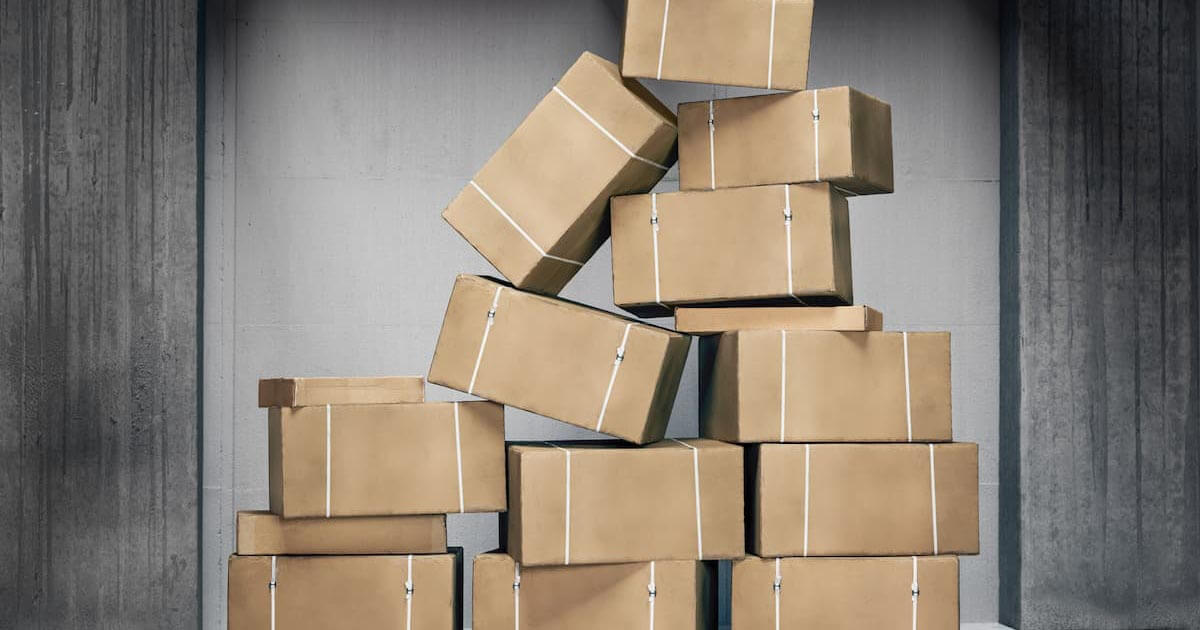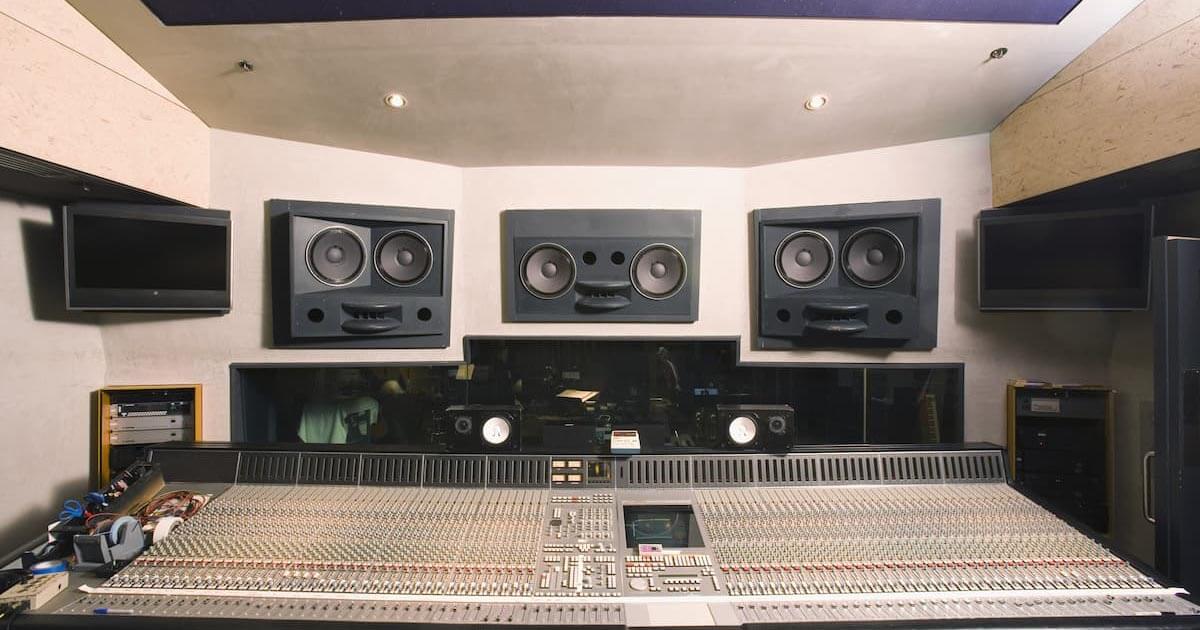1. Making eye contact
Making eye contact with customers is both welcoming, and also a way of telling a potential thief you’re alert and keeping an eye on them.
2. Challenging suspicious behaviour
If you notice someone acting suspiciously, you simply need to approach them and ask if they require any assistance. This will show that you are alert to anything out of the ordinary, whilst keeping up a friendly, customer-centric demeanour.
3. Encourage your staff to move around the premises
By having your staff move around regularly, it will deter thieves from making a move to steal something as it is more likely that a member of staff will notice something if they are moving around frequently.
4. Pay close attention to cash registers
Don’t let the cash register get too full. Take any cash to a safe, send a trusted employee to the bank or make the trip yourself to make sure there is as little cash on site as possible.
5. Keep unattended access points locked
Access points such as windows, doors or vents should be kept locked or secured at all times to prevent unwanted access.
6. Report suspicious behaviour
Staff should know who they need to report suspicious activity to if they spot it. This will usually be the shift manager for the evening.

